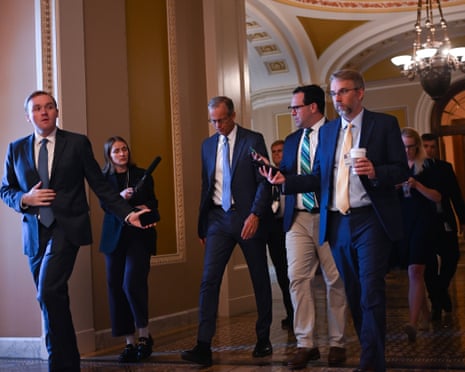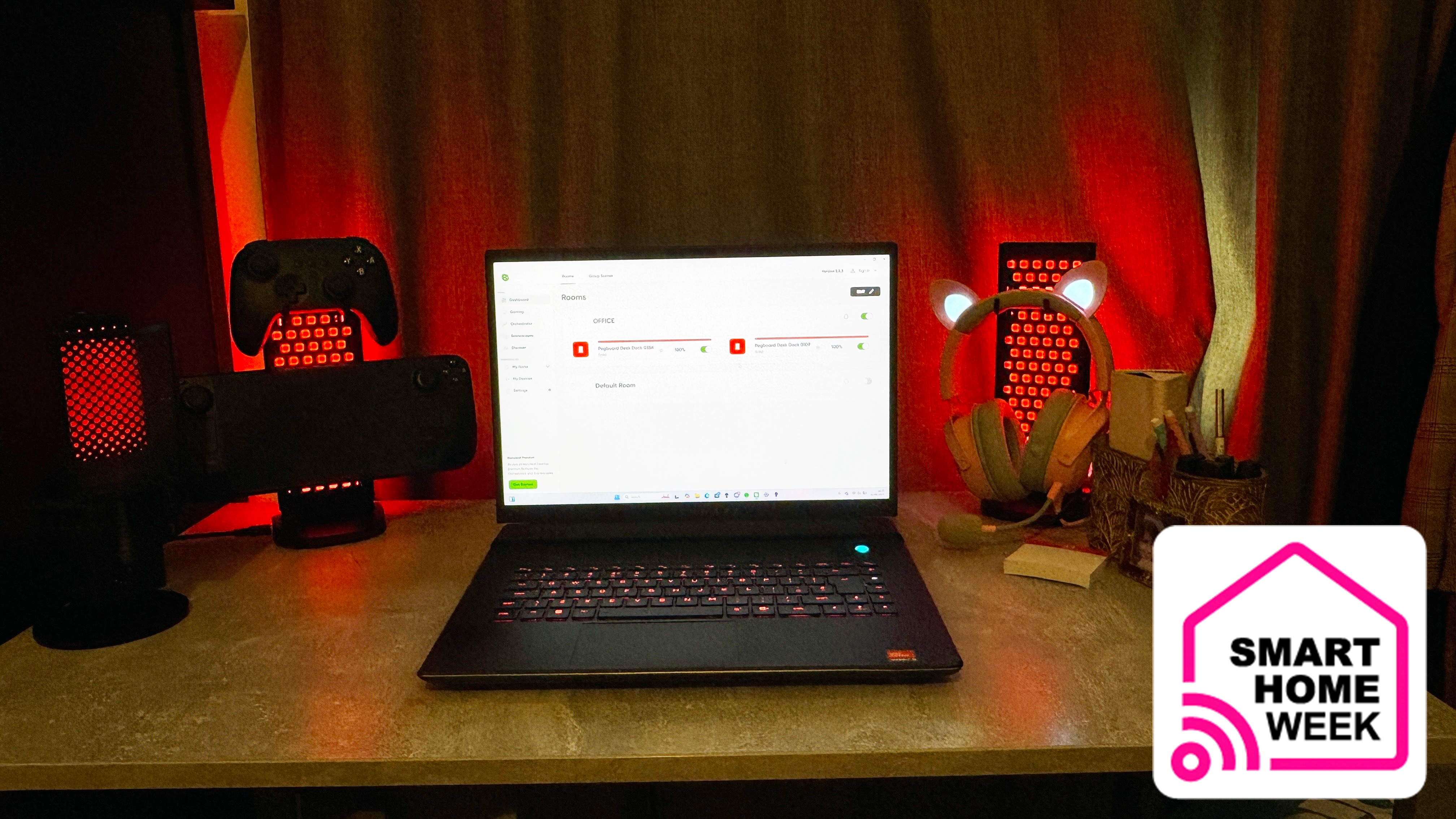They are also disproportionately represented across the countrys notoriously underfunded public school system. As a result, compared to the mostly white students who can afford a private school education, black and mixed-race Brazilians are less equipped to navigate the college admissions process. Only 13% of them between the ages of 18 and 24 are currently enrolled in a university.
To tackle inequality in higher education, the federal government passed the law of social quotas in 2012. The law earmarks half of all admissions spots across the countrys federally funded institutions to public high-school graduates, regardless of their race. Of those reserved spots, half go to students whose families earn less than 1.5 times the minimum wage about BRL 1,430 (345) a month. A percentage of the spaces in both categories then gets set aside for black, brown and indigenous students, in proportion to the ratio of white to non-white residents in each state. The government gave universities four years, until 2016, to fully comply with the law.
The problem is, the law merely asked that candidates report their own race. To many students and professors I spoke with, the only thing that seems to have risen in popular undergraduate programs such as law and medicine are the number of white-looking students who have gained entry by claiming to be black.
Its visible to the naked eye, says Luana Padilha, a black medical student who enrolled via affirmative action. By my count, at least 12 of my classmates should have accessed the program through racial quotas. But I look around and cant recognise any of these people.
If you look at a photograph of the incoming medical class of 2015, only one of the students looks black, says Georgina Lima, a professor and head of UFPels Center for Affirmative Action and Diversity. And hes not even Brazilian hes from Africa.
The Ethnicity Evaluation Committee, of which Lima is a member, was installed to address this loophole. It interviewed prospective students for the first time ahead of the second semester of 2016.
We saw the most incredible situations unfold, says Rogerio Reis, an anthropology professor and head of the committee. People would shave their heads, wear beanies, get a tan. Just a series of strategies to turn themselves black.
Fabio Goncalves, a lawyer and committee member, was about to put one prospective student down as black, when one of his female colleagues who knows more about this kind of thing than I do told him to note the difference in skin tone between the students face and body. The student had darkened her features with make-up! he says, in utter bewilderment.
Who gets to define race?
For as long as black activists have demanded affirmative action, they have also stressed the need for monitoring strategies. Brazil is the country of frauds, says Helio Santos, president of the Brazilian Diversity Institute and a leading figure in the black rights movement. Civil rights efforts that dont come with any oversight are a joke.
But the recent implementation of verification panels across several universities has raised troubling questions about who gets to define race, in a country where people dont fall neatly into black and white categories.
My father is black. My official documents say Im white. I have first-hand experience with miscegenation. This issue is not so clear-cut, says Kelvin Rodrigues, a second-semester medical student at UFPel who is critical of the evaluation committee, even if he supports expelling those who commit blatant racial fraud. Rodrigues looks black, but as someone who graduated from a private high school, he was never eligible for affirmative action spots in the first place.
If the law stipulates that an applicants race should be self-reported, then what right does anyone have to tell that person theyre lying? asks Luiz Paulo Ferreira, another second-semester medical student. Ferreira considers himself pardo and enrolled in the medical program through the racial quotas, but was not one of the 27 students who were investigated.
How can members of the committee feel particularly qualified to make these judgment calls? he says. And based on what criteria?
Eleven experts comprised the panel, among them UFPel administrators, anthropologists and leaders in the wider black community of Pelotas. They received strict guidelines from the public prosecutors office. Phenotypical characteristics are what should be taken into account, read the instructions. Arguments concerning the race of ones ancestors are therefore irrelevant.
The official criteria mirrored the way the issue has played out across Brazils public sector. In 2014, the federal government approved a law that set aside 20% of public-sector jobs to people of colour. In August 2016, after it had become clear this law left room for fraud, the government ordered all departments to install verification committees. But it failed to provide the agencies with any guidance.
The Department of Education in Para (the state with the highest percentage of black and mixed-race Brazilians) attempted to fulfill the decree with a checklist, which was leaked to the press. Among the criteria to be scored: Is the job candidates nose short, wide and flat? How thick are their lips? Are their gums sufficiently purple? What about their lower jaw? Does it protrude forward? Candidates were to be awarded points per item, including hair type and skull shape.
In response to the leaked test, one college professor from the state wrote on Facebook: Were going back to the slave trade. During job interviews theyre gonna stick their hands in our mouth to inspect our teeth.
But black activists say such measures are unavoidable. A person who does not look phenotypically black is not the one getting killed by police every 23 minutes, says Santos, the law student and Coletivo Negrada member. So long as this is how racism manifests itself here, we need to ensure that people taking up admission spots in universities are the ones with these characteristics.
The expulsion of the UFPel medical students at the tail-end of 2016, while a major victory for the black activist movement, has not settled the debate around quotas, race frauds and panels. Seven of the 24 expelled students challenged the universitys decision, and in February, a court gave them permission to go back to class. UFPel has vowed to appeal this ruling.
The evaluation committee has since interviewed candidates for the race quota slots in the first term of 2017. It has also announced a second investigation beyond the medical school, into the more-than-1,000 students across UFPel that have enrolled via affirmative action since the law first went into effect.
The topic has also galvanised conservative politicians, who have enjoyed renewed political power since the impeachment of Brazils first female president, Dilma Rousseff, brought an end to 13 years of leftist Workers Party rule. Fernando Holiday, a black libertarian activist who spearheaded mass protests against Rousseff, won a council seat during Octobers midterm elections on a campaign platform to repeal race quota measures. The far-right Congressman Jair Bolsonaro, who has long expressed vehement opposition to affirmative action laws, has steadily risen in the polls for the 2018 presidential election.
But for the time being, individual students are obliged to navigate the countrys evolving racial codes on their own. Fernando, now expelled from UFPel, remembers his interview with the evaluation committee lasting eight minutes. The panelists started by asking him about when he first recognised himself as pardo. Then, to his surprise, they asked how involved he was with the black activist movement.
I shouldnt have to be an activist to be considered black, Fernando says. Although the law of social quotas is extended to mixed-race candidates, he left the interview feeling like he was being singled out for having light skin. None of the interviewers were pardo. There was no one there that could identify with me.
Cleuci de Oliveira is a journalist based in Braslia (@cleucl). This article was first published in Foreign Policy; read the original text here.
If you have experiences relating to this story that you would like to share, wherever you live and whatever your background, you can email us in confidence at [email protected]



